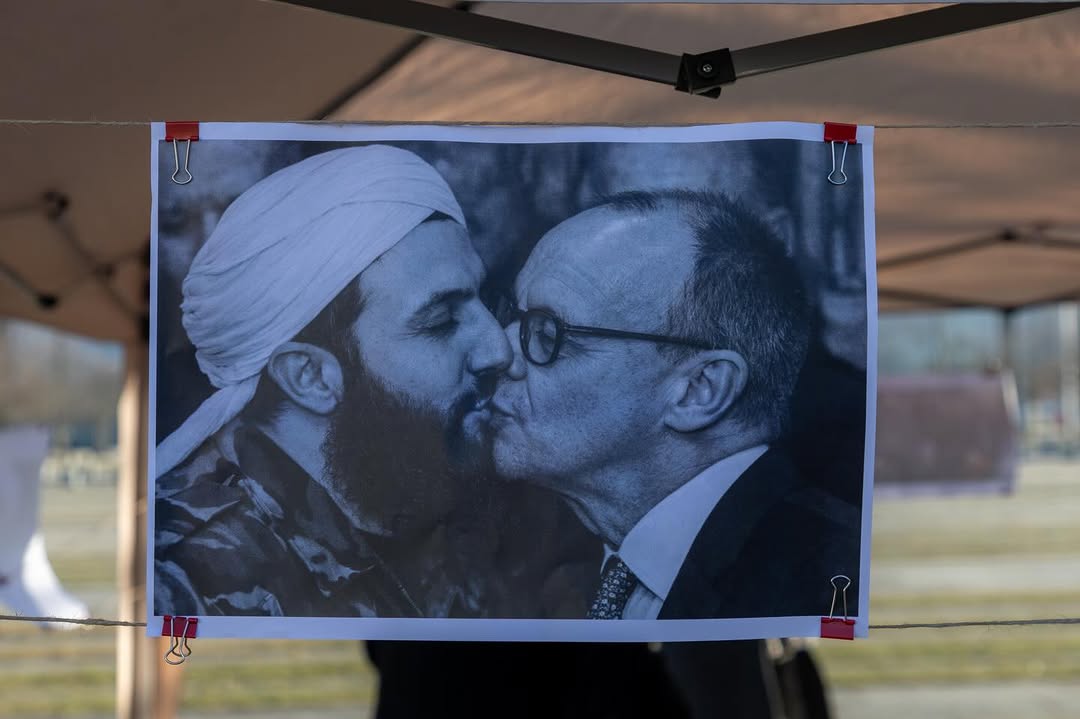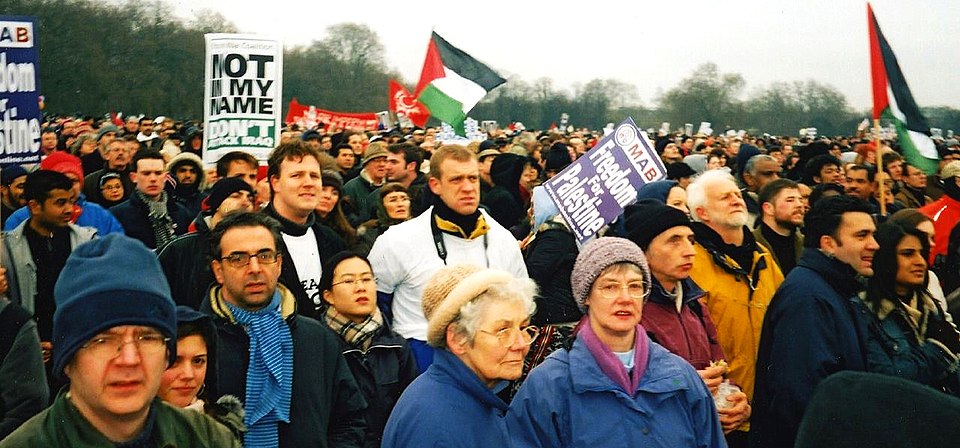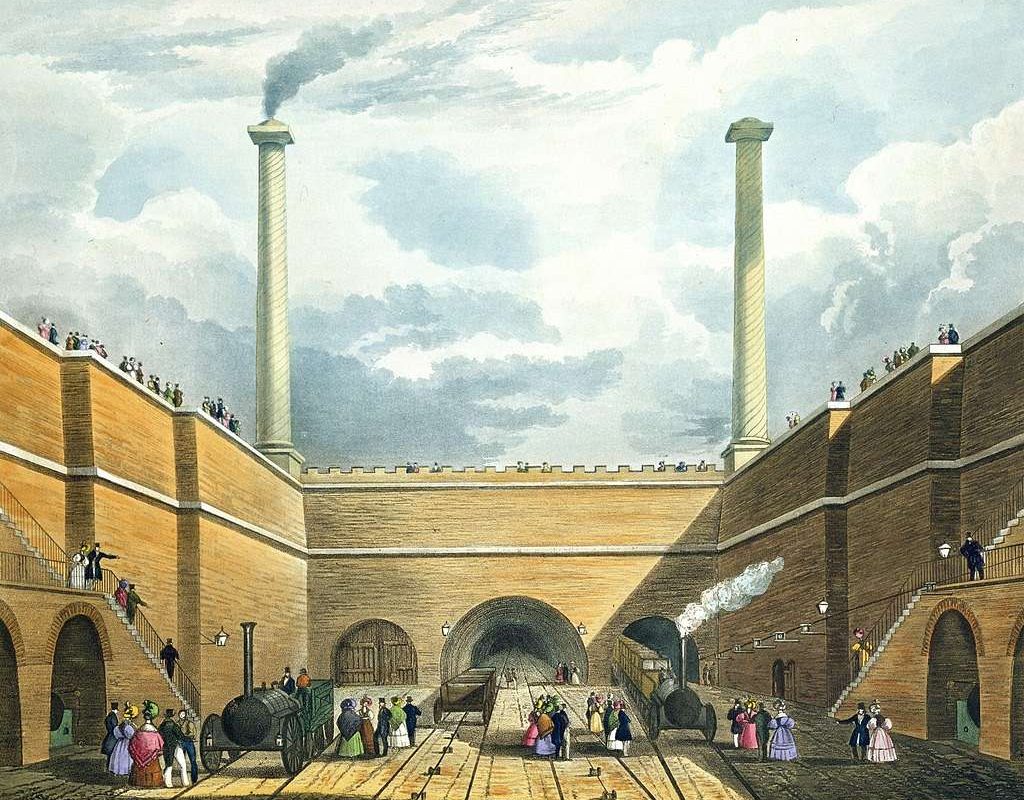In 1914, Sylvia Pankhurst was already a seasoned suffragette. When the First World War broke out, Sylvia orchestrated her own war against war and to establish her own welfare system in the East End of London.
Sylvia was shocked when her mother Emmeline and sister Christabel decided to support the war, took money from the government and dished out white feathers to men not in uniform.
Sylvia protested loudly against government injustice, about sweated pay and bad working conditions. She also encouraged people to act themselves: ‘The men in power have plunged us into war for their commercial interests. They pass bills in the interests of financiers. What will they do for you?’
She set up a milk distribution centre and four free mother and baby clinics. Doctor Barbara Tchaykovsky, who helped to run the clinics, pointed out that while 75,000 British soldiers died in the first year of the war, 100,000 babies died at home. By 31 August 1914 Sylvia had created her first Cost Price restaurant. During 1915 her team served around 400 meals a day. Sylvia also set up a co-operative Toy Factory to provide employment, and a small nursery, which held parties for local children.
In February 1915 Sylvia set up the League of Rights for Soldiers’ and Sailors’ Wives and Relatives which campaigned for proper allowances for the wives of soldiers, and pensions for widows and dependents.
When Sylvia saw that affluent areas of West London still had supplies of bacon and sugar, she organised a deputation to the Prime Minister. They took with them food from Harrods and the Army and Navy Stores and dumped it on his desk. Sylvia threatened to return with ever larger deputations if he didn’t provide food for the East End. Relief began to get through to Poplar.
In April she found a disused pub, the Gunmakers’ Arms, in the Old Ford Road which she converted into The Mothers’ Arms as a progressive nursery school.
Sylvia campaigned against conscription, joining the National Council against Conscription. In September 1915 she addressed a meeting in Trafalgar Square, organised by socialists, trade unionists and suffragists.
Sylvia’s paper, The Woman’s Dreadnought, published stories of hardship among troops and their families, of soldiers executed for desertion, and cruel punishments. She took up the cause of victimised enemy aliens, striking miners, disabled soldiers, widows, and pensioners. She also published a pamphlet made up of letters written home by a young conscript shot for desertion when shell-shocked.
The women’s paper became the anti-war, socialist Dreadnought. In 1916 a young women journalist covered the Easter uprising in Ireland, and the executions that followed, in the Dreadnought. In 1917 Sylvia celebrated the Russian revolution. Her East London Federation of Suffragettes became the Workers’ Socialist Federation, dedicated to overthrowing capitalism. In 1917, the Dreadnought’s published Siegfried Sassoon’s letter of opposition to the war: ‘I am making this statement as an act of wilful defiance of military authority, because I believe that the War is being deliberately prolonged by those who have the power to end it. I am a soldier, convinced that I am acting on behalf of soldiers. I believe that this War, upon which I entered as a War of defence, has now become a War of aggression and conquest.’
Two days later his letter was read out in the House of Commons. The police raided the offices of the Dreadnought. The issue of October 6, 1917 advocating a peace referendum among the troops, was destroyed and the type broken up.
Sylvia never stopped fighting against racism, fascism and imperialism.
During times of war it can be easy to be swept up in the militaristic fever, but Sylvia Pankhurst example shows how we can continue to fight for our principles.




